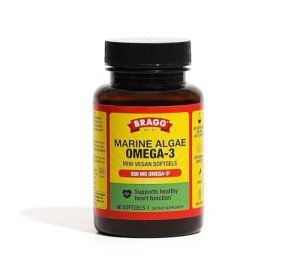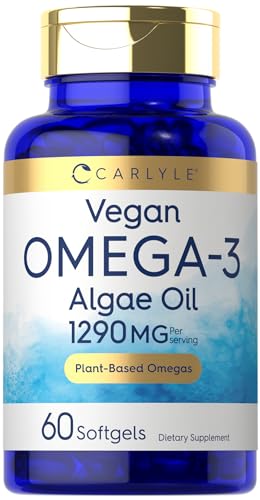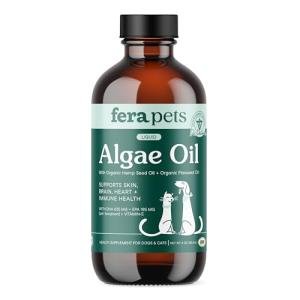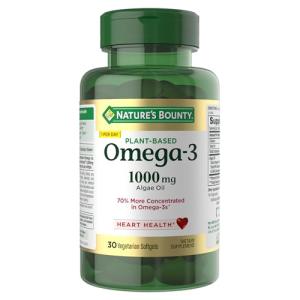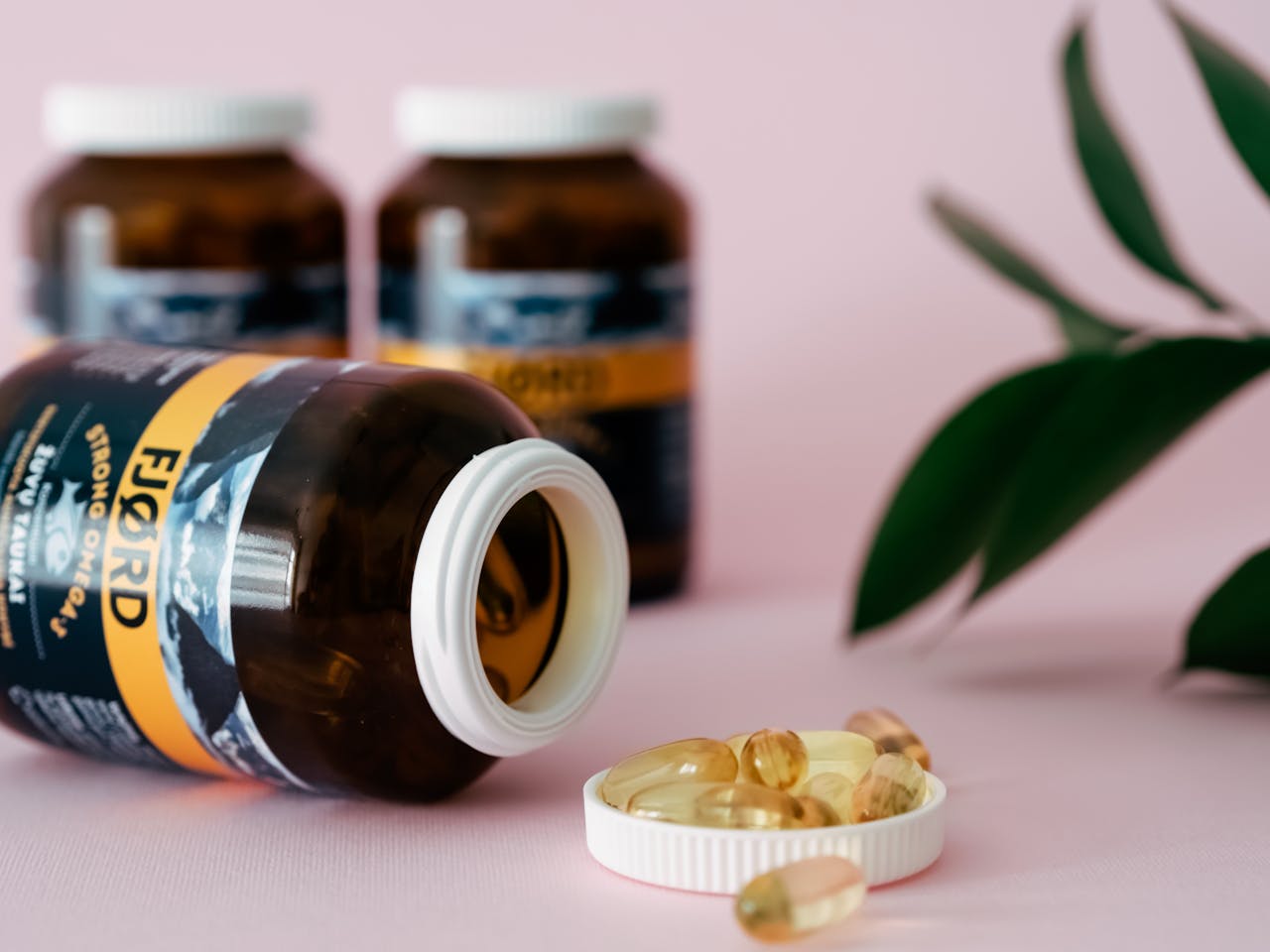When it comes to maintaining a healthy diet, omega-3 fatty acids are vital for numerous bodily functions, including brain health and reducing inflammation. However, many people wonder how to get these essential fats from a vegan diet. Unlike conventional sources like fish oil, vegans have a variety of plant-based options to choose from.
Flaxseeds are one of the richest plant sources of omega-3 fatty acids. When ground into meal or consumed as oil, flaxseeds provide a significant amount of alpha-linolenic acid (ALA), a type of omega-3. Chia seeds are another excellent option, packed with nutrients and offering a delightful crunch when added to smoothies or oatmeal.
Walnuts and hemp seeds also contribute to your omega-3 intake. Walnuts have a rich, buttery flavor and make a great snack, while hemp seeds are versatile and can be sprinkled over salads or blended into dressings. Additionally, algae oil is gaining popularity as a direct source of DHA and EPA, the omega-3s typically found in fish. This makes it a fantastic option for those who want the benefits of fish oil without consuming animal products.
While these vegan sources of omega-3 are beneficial, it's important to note that ALA must be converted into DHA and EPA in the body, and this process is not very efficient. As such, supplementing with algae oil might be a smart choice for those concerned about their omega-3 levels, especially if they have specific skin concerns like acne.
Acne Triggers in Your Diet
When it comes to acne, many factors can play a role, including what we eat. Diet is often overlooked, yet certain foods can trigger breakouts in some individuals. Understanding how specific dietary choices, like vegan omega-3 sources, can affect your skin is essential for managing acne.
One of the biggest culprits in acne flare-ups is sugar. High-sugar foods can lead to blood sugar spikes, which may trigger inflammation and, subsequently, acne. Processed snacks and sugary drinks often come with a high glycemic index, causing your insulin levels to rise. This reaction can lead to increased oil production in your skin, contributing to clogged pores.
Dairy products are another common trigger for many people. While vegan omega-3 supplements come from plant sources, those who include dairy in their diets might find that milk, cheese, and yogurt exacerbate their acne. Dairy can stimulate the production of hormones that influence oil production, leading to problematic skin.
Additionally, be mindful of fatty foods. Although omega-3 fatty acids are generally beneficial for skin health, not all fats are created equal. Trans fats and certain saturated fats found in processed foods can lead to inflammation and worsen acne. Focusing on whole food sources, like flaxseeds, chia seeds, and walnuts, can provide the benefits of omega-3s without the potential downsides of unhealthy fats.
Ultimately, keeping a food diary to track what you eat and its effects on your skin can be a helpful approach. By identifying potential triggers in your diet, you can make more informed choices that support both your nutrition and skin health.
How Omega 3 Affects Skin Health
Omega-3 fatty acids have gained popularity for their many health benefits, and skin health is no exception. These essential fats play a vital role in maintaining the skin's barrier function, which helps keep moisture in and harmful elements out. This barrier is crucial for overall skin health; when compromised, it can lead to dryness, irritation, and even conditions like eczema and psoriasis. By including vegan sources of omega-3, such as flaxseeds, chia seeds, and walnuts, you may provide your skin with the nourishment it needs to stay hydrated and resilient.
In addition to strengthening the skin barrier, omega-3 fatty acids possess anti-inflammatory properties. This is particularly important for those prone to acne, as inflammation is a key factor in the development of breakouts. By reducing inflammation, omega-3s help calm the skin and may prevent the overproduction of sebum, the oily substance that can clog pores and lead to acne. Therefore, incorporating vegan omega-3s into your diet could potentially help control acne flare-ups.
Furthermore, omega-3 fatty acids may support skin repair and regeneration. They contribute to the production of new skin cells and promote the healing of damaged skin. For individuals struggling with acne scars or other types of skin blemishes, vegan omega-3 sources may help accelerate the healing process and improve skin texture over time. This regenerative quality makes omega-3s an appealing choice for anyone looking to enhance their skin health naturally.
While vegan omega-3 sources can offer numerous benefits for the skin, it’s essential to consider individual responses. For some, dietary changes can yield remarkable improvements in skin clarity and hydration, while others may not see the same results. Listening to your body and paying attention to how your skin reacts can help you find the right balance and make informed choices about your diet.
Balancing Your Omega 3 Intake
One of the best ways to ensure you are getting enough Omega 3 is by including foods rich in alpha-linolenic acid (ALA), the plant-based form of Omega 3. Foods like chia seeds, flaxseeds, and walnuts are excellent sources. You can sprinkle flaxseeds over your morning smoothie or add chia seeds to your favorite overnight oats. Just a small amount can go a long way in boosting your Omega 3 levels.
In addition to these foods, consider incorporating Omega 3 supplements derived from algae. Algal oil is a great option for those looking for a direct source of EPA and DHA, the two more bioactive forms of Omega 3. These supplements can help fill in any nutritional gaps and ensure you’re supporting your skin and body effectively. It’s also beneficial to monitor your overall fat intake, as a balance of Omega 3s and Omega 6s (found in many vegetable oils) is critical for maintaining optimal health.
Lastly, keeping track of your Omega 3 intake can be helpful. There are various apps and trackers that can aid in this process. By being mindful of the foods you consume and how they impact your body, you can make necessary adjustments to support your skin health better. Whether you’re dealing with acne or just aiming for clearer skin, a well-balanced Omega 3 intake is indeed a step in the right direction.
